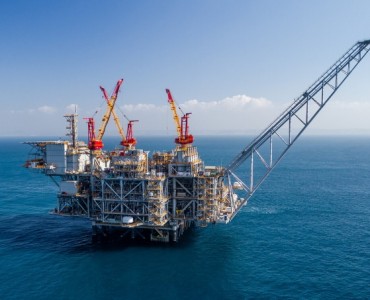The government of Angola will adopt a set of measures on taxation, monetary policy, foreign trade, and the productive sector of the economy to respond to the crisis resulting from the sharp drop in oil prices, according to MacauHub. As the state budget for 2016 was prepared on the basis of $45 per barrel, which dropped to $30 levels, it is urgent for Angola to replace oil as the main source of revenues, control the expansion of the deficit and debt, and improve the efficiency and effectiveness of private investment.
The Angolan government is planning to increase domestic production, promote the export of goods and services in the short term, increase non-oil tax revenue, optimize public expenditure, and streamline the import of goods and services. The measures are still to be approved by the Council of Ministers.
With the decline in the price of crude oil, the national currency kwanza nearly crashed and imports have drastically reduced. In this scenario, food is scarce and more expensive such that supermarkets have rationed their sales to only one bag of rice, a bottle of oil, and a packet of sugar per customer, Deutsche Welle reported.
Previously, the government had informed that it was already moving forward with a reform in private investment and public services, but the process seemed to be moving slowly.
According to UN statistics, Angola exported oil worth about $68b in 2013. But as the Angolan elite lived in the lap of luxury and bought billions of corporate investments in Europe, they forgot to diversify the economy at home. In 2013 more than 98% of Angolan exports were oil and oil derivatives. Today, apart from oil and diamonds Angola does not produce anything.












